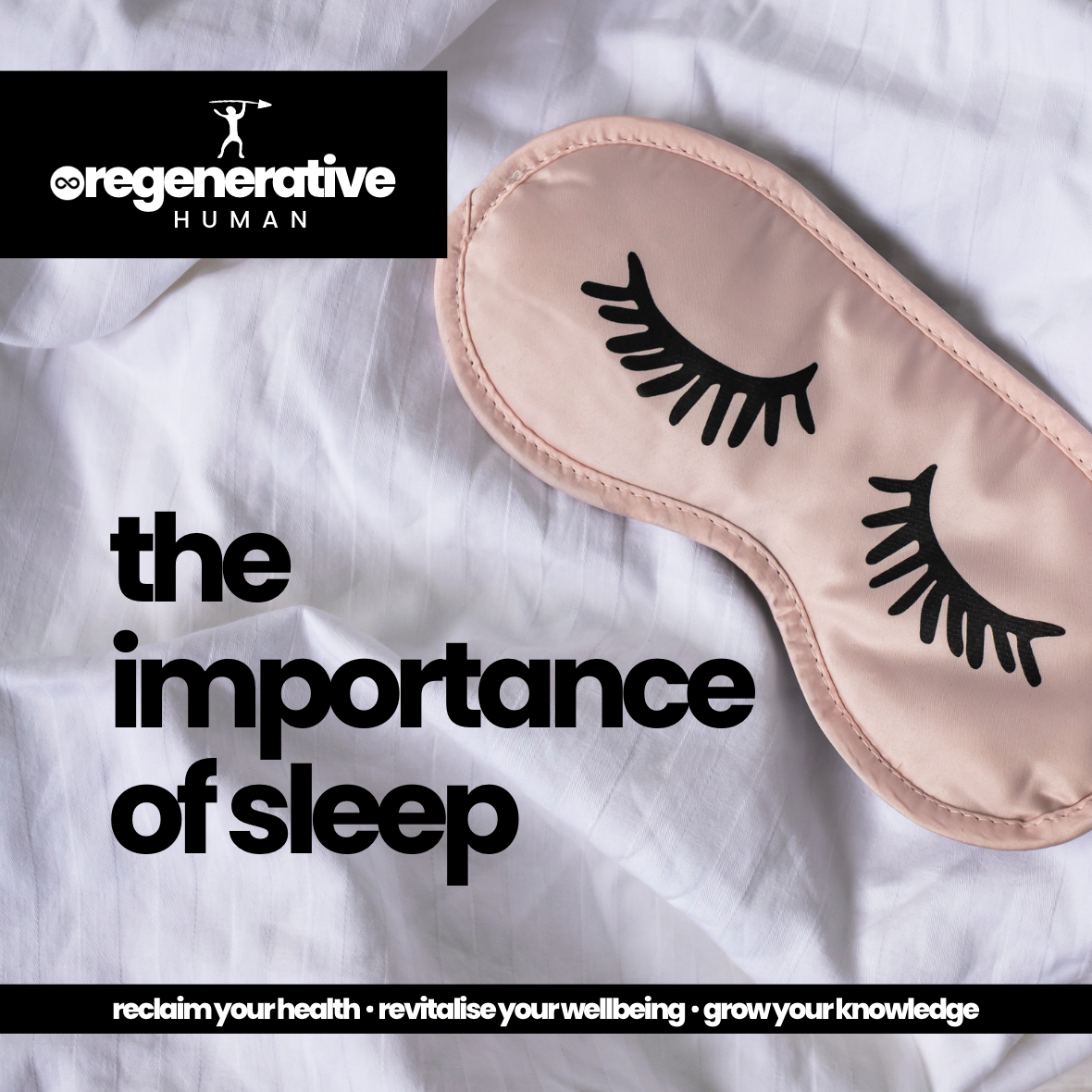The Importance of Sleep
Despite its huge importance, many people suffer from a lack of quality sleep. Sleep plays a critical role in our health and wellbeing.
Many essential things happen during sleep, the body undergoes various restorative processes. Tissue growth and muscle repair occur aided by the release of growth hormones. Additionally, sleep helps to maintain a healthy immune system. During sleep, the immune system releases cytokines, proteins that play a crucial role in combating infections and inflammation. Lack of sleep can weaken the immune response, making the body more susceptible to illnesses.
Cognitive function can also be impacted by a lack of sleep. During sleep, particularly in the rapid eye movement (REM) stage, the brain consolidates memories, processes information, and clears out toxins that accumulate during waking hours. This is vital for learning, memory retention, and overall cognitive performance. Chronic sleep deprivation can lead to problems with attention, decision-making and problem solving skills.
Mental health is also closely linked to sleep quality and how long you sleep for. Lack of sleep or disrupted sleep can really affect mood and emotional stability. Sleep deprivation is associated with increased levels of stress hormones such as cortisol, which can contribute to anxiety and depression and it also plays a critical role in metabolic health because sleep also helps to regulate hormones that control appetite and blood sugar levels. When these hormones become out of balance they can lead to weight gain, increased risk of obesity, and type 2 diabetes.
So why do so many people struggle to get such a good night’s sleep? Many factors come into play including, but not limited to, diet, medication, hormones, lifestyle and environment.
Here’s some of our top tips to help get a good night’s sleep:
> Quit caffeine and alcohol, both are sleep disruptors that will also deplete magnesium and salt levels.
> Stop eating at least 3 hours before bed, this will aid your natural circadian rhythm. Your body has tasks to complete whilst you are asleep, it cannot start these tasks whilst it’s still processing food.
> Limit blue light in the evenings, consider blue light blockers.
> Have a sleep routine, create a habit of winding down and going to bed at the same time each night, perhaps take a relaxing epsom salt bath prior and add in some essential oils, lavender is great.
> Pay attention to your environment, make sure your bedroom is not too hot, bamboo or cotton bedding and clothing can also help.
> If you do wake in the night, try not to engage in technology or take yourself out of bed. This will only create new bad habits for the brain which will then keep you programmed to wake up night after night. Instead try to lie quietly and practice breathing techniques which can help you reduce stress and help you to fall back to sleep.
> If you are a mouth breather try mouth tape. Mouth breathers are prone to disrupted sleep. Snoring at night upsets the oxygen/carbon dioxide balance and puts you in a fight/flight/freeze state with lower quality sleep.
> Ensure you are getting adequate magnesium, magnesium can help with calmness as well as being essential for the absorption of Vitamin D.
> Make sure you get adequate exercise during the day, going for a walk outdoors and even grounding can all help aid sleep.





